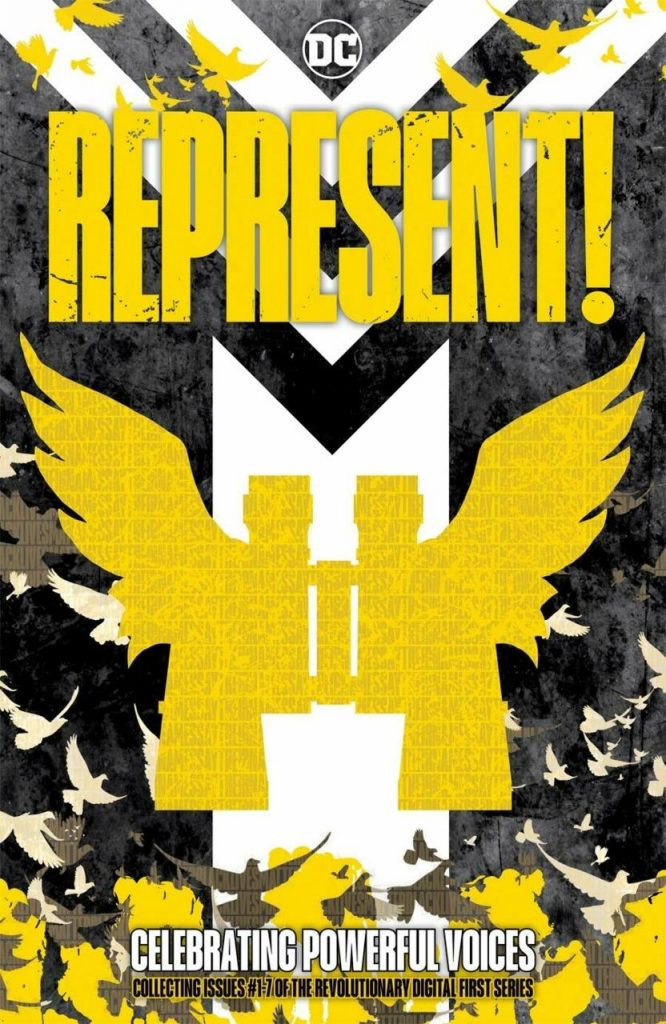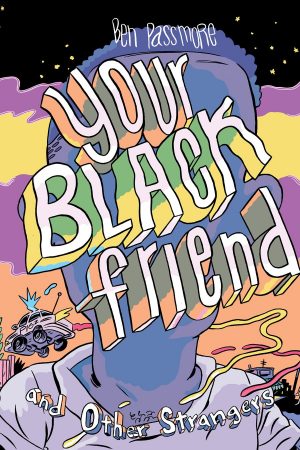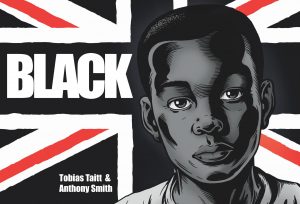Review by Frank Plowright
Represent! is a conflicted work, but rather than question why it took DC until 2021 to issue an anthology in which African-American writers tell stories – and have Marvel published anything similar? – let’s note that it opens up a new audience for viewpoints all too often shouted down.
While perhaps not known to the general public, some included writers can boast heavyweight credits, while others are newer voices. Some focus on national events, some on personal experience, while others blur the lines between both and fiction, but there’s a continuing focus on people who matter, even if just in passing.
Is there an expectation that writers with track records, but new to comics are paired with new artists also? That doesn’t happen, and it’s for the best, because art that’s not fully professional would dilute the message. Instead there are solid professionals like Travel Foreman, Yancey Labat and Alitha Martinez involved, while N. Stephen Harris and Dominike “Domo” Stanton both write and draw their contributions.
Not everything works. In some cases it seems writers either ignored editorial advice or that advice wasn’t given, and the resulting stories are excessively wordy, take too long to make their point, or are muddy, but these strips are the minority. The sequencing also affects the experience. Several school recollections would read better if more separated, for instance.
While skin colour is an issue in most strips, it’s not universal. Keah Brown considers what it’s like not to have full mobility, and Justin Ellis, Jesse J. Holland and Regine Sawyer all highlight the weight of expectation, Ellis also emphasising the importance of the public library.
With fourteen choices and most strips good, every reader will find their own favourite, but actor Camrus Johnson’s ‘I’ll Catch Up’ is notable for its consideration of issues and explanation of why protest is necessary. It’s autobiographical, with Johnson weighing up whether he should join a protest about yet another police shooting when he’s looking after his younger brother. It’s thoughtful and interesting, and nicely drawn by Tony Akins. The other sample art is an emotionally strong page from Doug Braithwaite on Holland’s story of parental expectation though the generations.
The linking theme is perception, although this is coincidental rather than planned. Contributions consider how we see people who’re disabled, challenged, or have to continually justify themselves because their skin colour’s not pale pink. Any caring reader will feel outrage and disappointment that decent people experience injustice on a daily basis.





